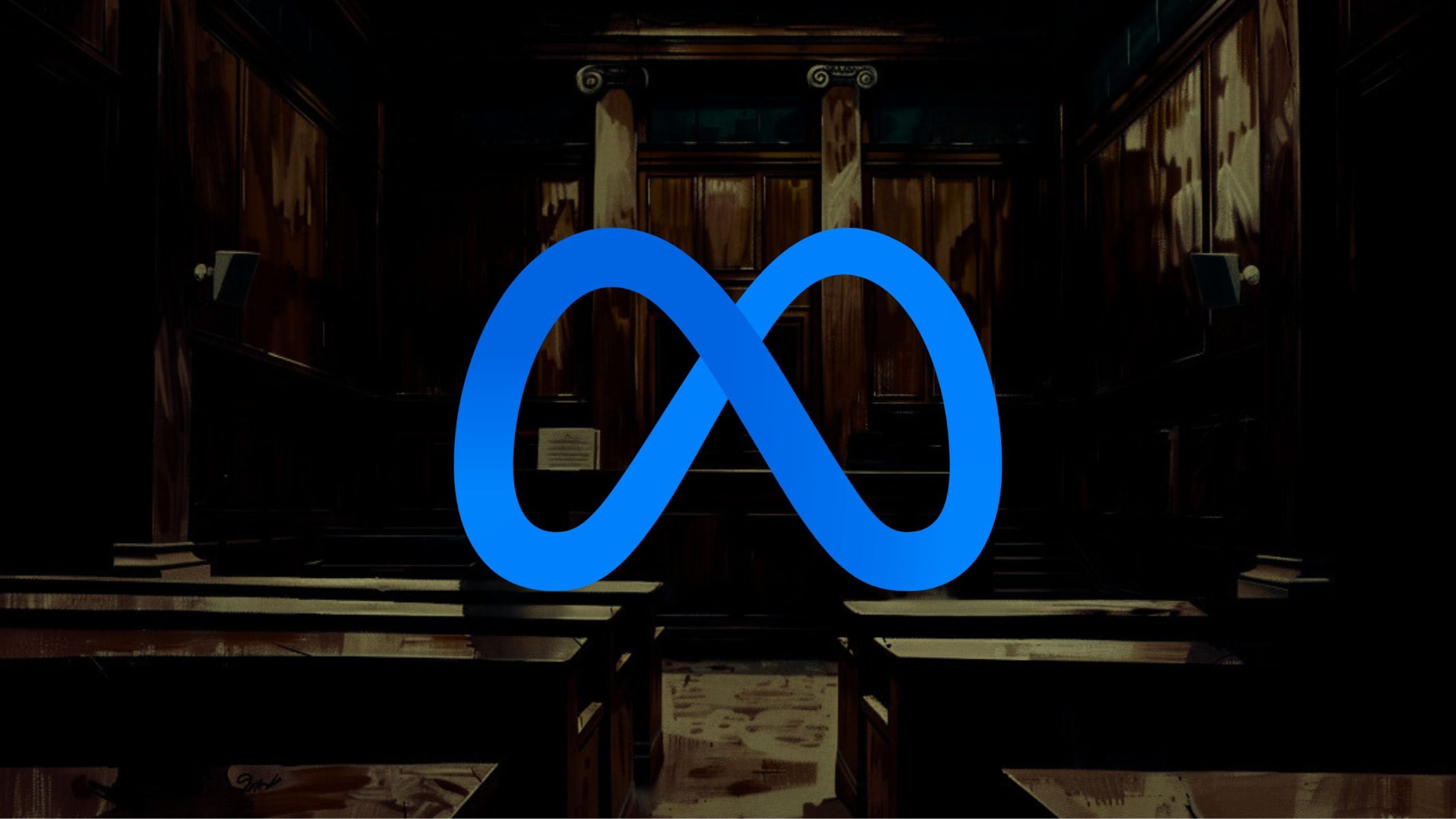A US federal judge has decided that the Federal Trade Commission (FTC) can proceed with its lawsuit against Meta which could see the giant broken up over alleged anti-competitive behavior.
The issue is the way Meta came to be “put together” – namely, the two acquisitions that added Instagram and WhatsApp to Facebook (in 2012 and 2014, respectively).
We obtained a copy of the ruling for you here.
The allegations against Meta hinge on the fact it chose to spend record amounts of money (the FTC believes, intentionally overpay) for the two platforms.
12 years ago, Facebook bought Instagram for what was then a record $1 billion, while WhatsApp cost the company a staggering $19 billion only two years later.
FTC’s conclusion is that such decisions could have been made only with the goal of eliminating competition. Meta tried to get the lawsuit dismissed but managed only in the part that concerns third-party app developers.
Namely, Meta will not have to face trial over the regulator’s claim that it required developers not to compete with its own key services – as a condition for gaining access to the platform.
In a bid to get the entire filing dismissed, Meta asserted that it in fact operates in a competitive market, citing Google’s YouTube (that would be a duopoly…), but also TikTok (launched in 2016), and for some reason Microsoft and Twitter.
These companies’ share in the social media market at the time of the acquisitions was limited, to say the least.
US District Court for the District of Columbia Judge James Boasberg was clearly unimpressed with this argument and has now allowed the key elements of the case, filed in 2020 during President Trump’s first term, to go to trial.
The FTC, currently chaired by Democrat Lina Khan, made sure to note in a spokesperson’s statement that the lawsuit got “refined” during the outgoing administration.
According to the FTC spokesperson, it is “a bipartisan effort to curtail Meta’s monopoly power and restore competition to ensure freedom and innovation in the social media ecosystem.”
Back in 2021, a federal court swiftly dismissed the case, but now, three years into FTC’s “refining” – it appears the time is at last right for a trial, although a date is yet to be announced.












